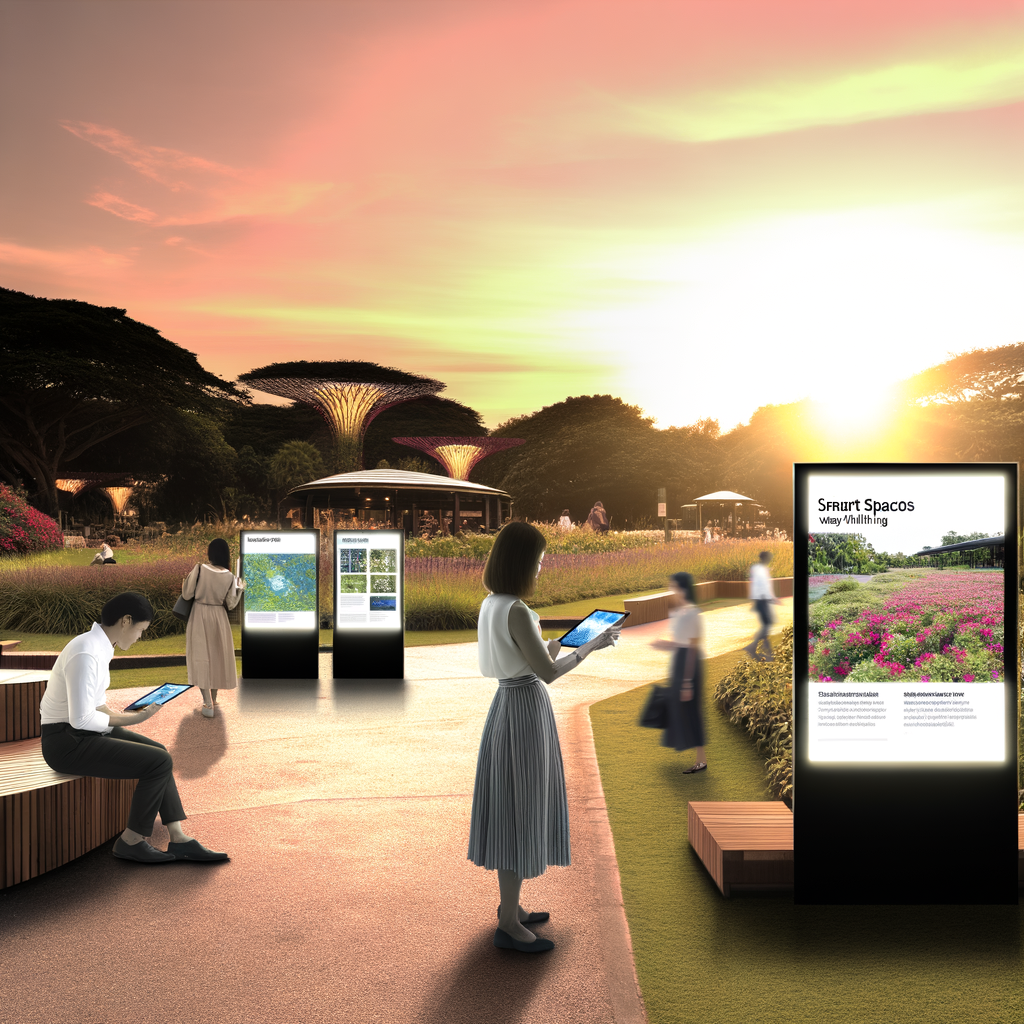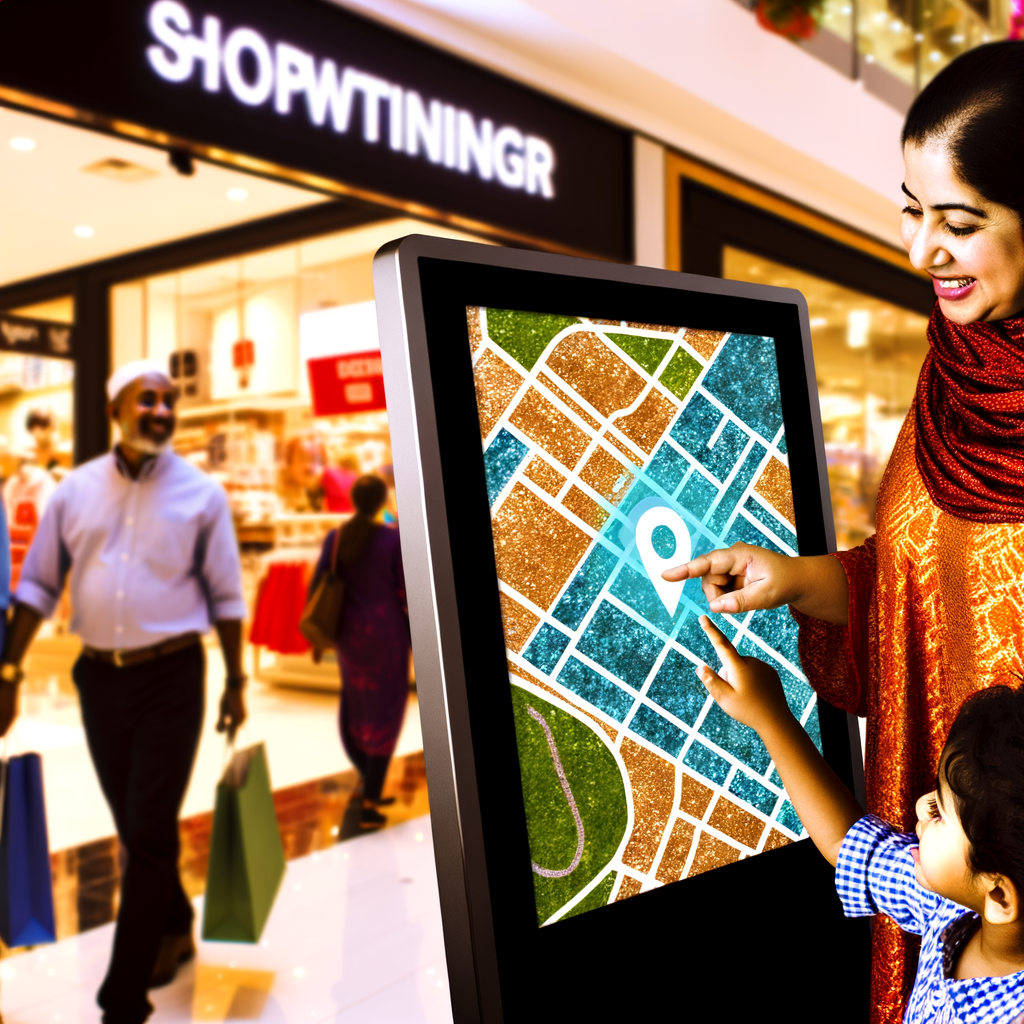Picture this: a bustling mall where visitors are seamlessly guided through their shopping journey, interactions are smooth, and engagement is amplified. This vision revolves around digital signage, which operates as a dynamic catalyst to transform ordinary malls into intelligent, interconnected environments. For eSignage and electronic kiosk companies, this evolution opens up a realm of opportunities to provide solutions that don’t just display information, but do so in an engaging, interactive way that enhances the visitor experience. Imagine creating platforms that communicate with visitors, offer personalized recommendations, and even adapt content in real-time based on foot traffic and shopper demographics.
For shopping plaza owners and mall managers, the allure of these smart spaces is multifold. First, consider the enhanced customer experience. Digital signage can make navigation within a mall intuitive and engaging, providing real-time updates on store promotions, events, and even parking availability. This not only drives more foot traffic to various areas but also ensures shoppers spend more time exploring rather than getting lost or feeling overwhelmed. The result? Increased shop visits, more sales, and ultimately, a more prestigious reputation for your mall.
In terms of operational efficiency, the implications of adopting smart digital signage are profound. Malls can now update and control messaging across hundreds of signs and kiosks from a centralized location. This means quicker adaptation to market changes, instant promotional updates, and the ability to swiftly enhance security alerts when necessary. The operational harmony achieved by integrating these smart systems results in reduced manpower costs, enhanced security, and an optimized shopping environment.
Moreover, the implementation of interactive digital signage systems allows mall managers to gather data-driven insights on consumer behavior. This is invaluable. Understanding peak traffic times, footfall patterns, and customer preferences allows for more informed business decisions, whether it’s adjusting store layouts, deciding on leasing agreements, or tailoring marketing strategies. Essentially, mall managers can turn data into actionable strategies that maximize profitability.
For those worried about the investment aspect of these upgrades, it’s important to look beyond just the initial expenditure. The return on investment from converting a mall into a smart space is not just monetary. It’s about positioning your mall as a modern, forward-thinking establishment. It’s about being part of the future of retail, where adaptive technology and customer-centric strategies ensure resilience and relevance. This kind of strategic investment pays dividends in brand loyalty and longevity.
Lastly, in an age where consumers crave unique experiences, integrating smart digital signage can serve as a differentiator. Malls equipped with innovative digital solutions have the upper hand, offering something fresh and technologically adept that makes the shopping experience memorable and engaging.
To sum it up, transforming malls into smart spaces with digital signage benefits everyone in the ecosystem—from visitors who enjoy a more streamlined and personalized shopping experience, to mall owners who see improved operational efficiencies and increased revenues. This isn’t just about keeping pace with technological advancements; it’s about capitalizing on them to build a thriving, cutting-edge shopping environment that future-proofs business success. Embrace the opportunity and become a pioneer in this transformative space.




